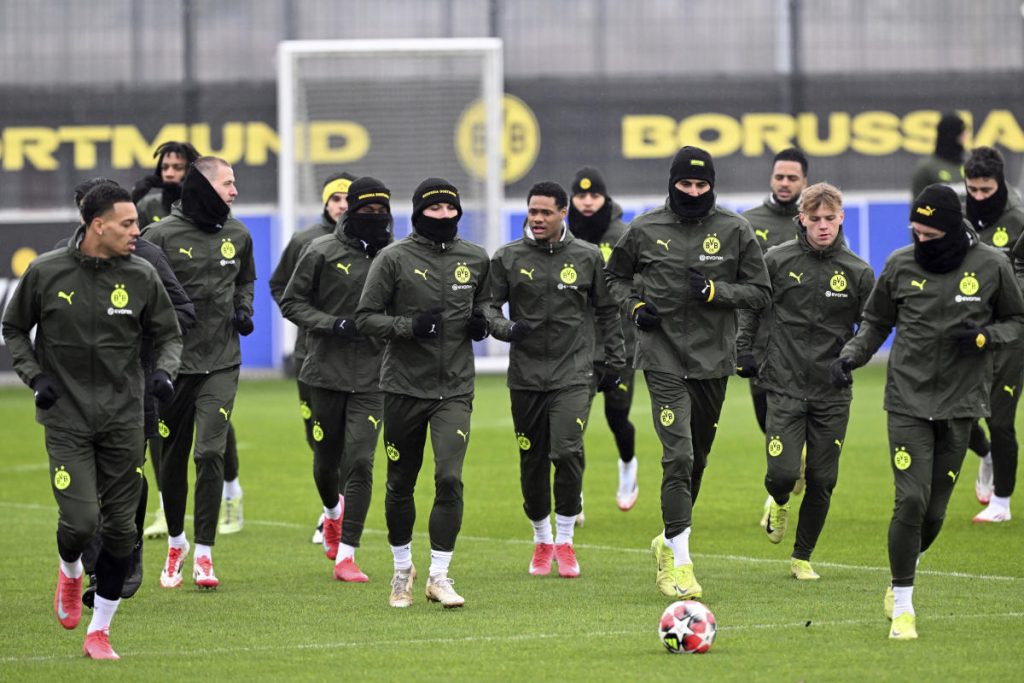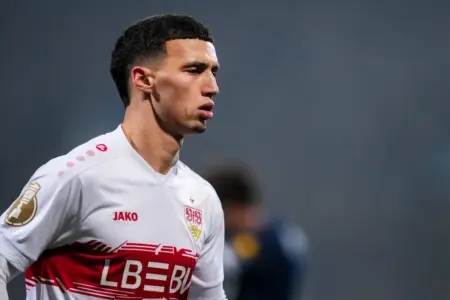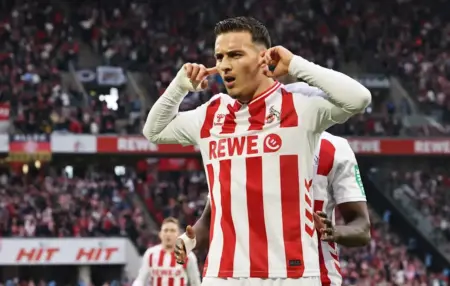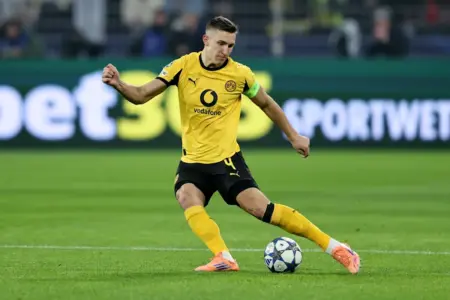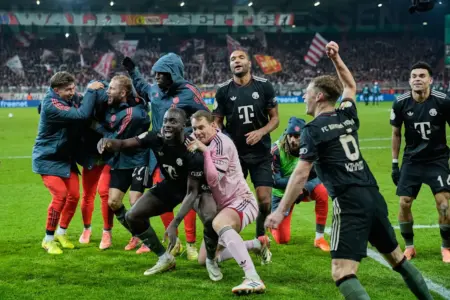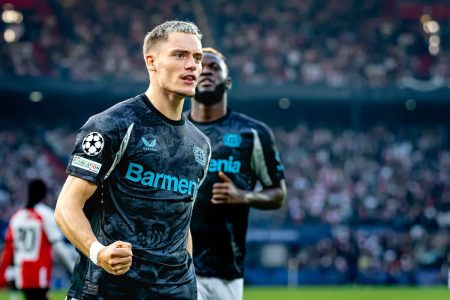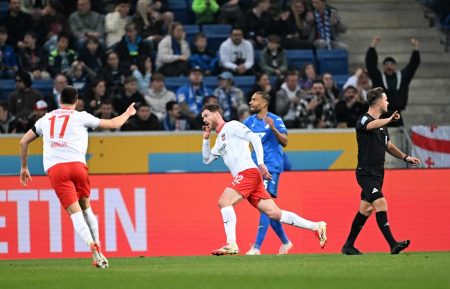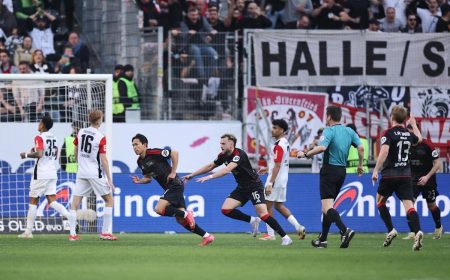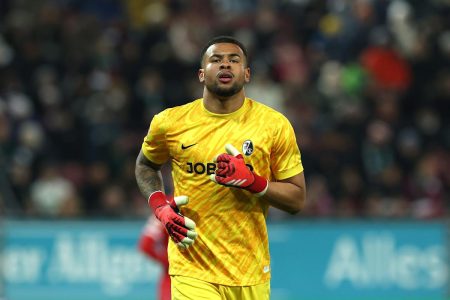A Turbulent Season for Borussia Dortmund
Dortmund, Germany, has been a hive of activity in the world of football, but not for the reasons fans and the club would have hoped. Borussia Dortmund, once a formidable force in European football, has been grappling with a series of setbacks that have left the club and its fans in a state of flux. The most recent development in this tumultuous season is the firing of technical director Sven Mislintat, a move that underscores the club’s determination to turn things around.
Mislintat’s Brief Tenure and Unfulfilled Potential
Sven Mislintat, a respected figure in the football world, joined Borussia Dortmund in May with the lofty task of overseeing "squad planning." A veteran of clubs like Arsenal and Ajax, Mislintat’s reputation was built on his astute ability to identify and nurture promising young talent. His previous tenure at Dortmund from 2006 to 2017 was marked by significant success, with the club acquiring and developing players like Robert Lewandowski and Ousmane Dembélé, who later fetched substantial transfer fees.
However, Mislintat’s return to Dortmund did not yield the expected results. Despite his expertise, the club’s performance on the pitch continued to decline, and his time in the role was cut short after just nine months. The decision to part ways with Mislintat was made by Lars Ricken, the managing director for sport, who informed Mislintat in person of his immediate dismissal. This swift action reflects the urgency with which Dortmund is trying to address its current challenges.
The Management Shake-Up and Power Struggles
The firing of Mislintat is not an isolated incident; it is part of a broader pattern of management changes and internal power struggles at the club. Last month, the club made the difficult decision to relieve coach Nuri Sahin of his duties and replace him with Niko Kovac. This series of changes indicates a club that is in a state of flux, with the leadership seeking to find the right combination of personnel to steer the team back to its former glory.
Reports suggest that these changes are not just tactical but are also a result of ongoing power struggles within the club’s management. These tensions are further compounded by the impending departure of longtime chief executive Hans-Joachim Watzke, a figure who has been a stabilizing presence at Dortmund for many years. Watzke’s scheduled exit adds an element of uncertainty to the club’s future, making it all the more crucial for the remaining leadership to navigate these challenges effectively.
The Impact on the Club and Its Fans
For fans of Borussia Dortmund, the firing of Mislintat and the changes in coaching and management are deeply concerning. The club has fallen to 11th in the Bundesliga, a stark contrast to its status as last season’s Champions League runner-up. The decline in performance has been both a disappointment and a source of frustration for a passionate fan base that has long supported the club through thick and thin.
The immediate focus is on the team’s performance under Niko Kovac, with the upcoming match against Stuttgart serving as a critical test of the new coach’s approach. Fans are hopeful that the changes will bring about a turnaround, but the road ahead is likely to be challenging. The club will need to find a balance between maintaining its identity and making necessary adjustments to compete at the highest levels of football.
The Broader Context of Bundesliga Competition
The struggles of Borussia Dortmund are not just a matter of internal affairs; they also highlight the intense competition within the Bundesliga. The German top flight is one of the most competitive leagues in Europe, with teams like Bayern Munich, RB Leipzig, and Borussia Mönchengladbach vying for top honors. Dortmund’s current position is a stark reminder that even the most storied clubs can face significant challenges and must constantly adapt to stay relevant.
The club’s performance will have broader implications for the Bundesliga’s reputation and the success of German football in European competitions. As one of the league’s flagship teams, Dortmund’s revival is crucial not only for its own sake but also for the health and competitiveness of the league as a whole.
Looking Forward to a New Chapter
As Borussia Dortmund prepares for its match against Stuttgart, the club stands at a crossroads. The firing of Sven Mislintat and the appointment of Niko Kovac are clear signals of the club’s intent to make a fresh start. The coming weeks and months will be crucial in determining whether these changes will be enough to turn the tide and restore Dortmund to its former prominence.
The task ahead is formidable, but the club’s history and the resilience of its fan base provide a glimmer of hope. For Dortmund, the journey to recovery will require not just tactical adjustments but a deep commitment to the values that have made the club a beloved institution. As the team takes the field, the eyes of the football world will be watching, eager to see if Borussia Dortmund can once again rise to the top.

